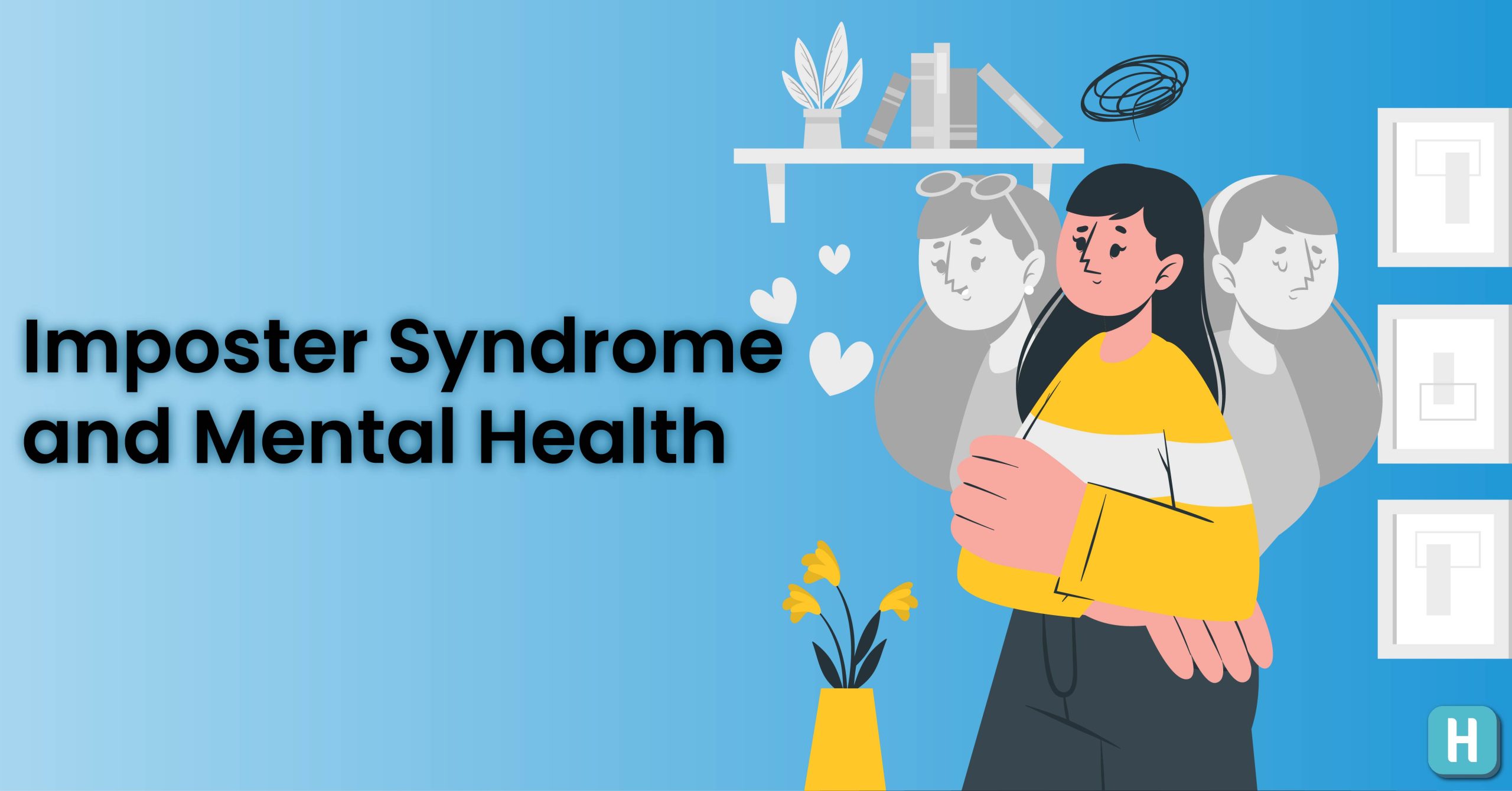Have you ever achieved something amazing but still felt like a fraud? Do you constantly doubt your abilities and accomplishments, worried someone will discover you’re not as good as they think? This is imposter syndrome, a surprisingly common phenomenon that can hold you back from reaching your full potential.
Here at Helply, we understand the struggle. This guide will equip you to identify imposter syndrome, explore its causes, and develop strategies to overcome it and embrace your true capabilities.
What is Imposter Syndrome? Understanding the Psychology Behind It
Imposter syndrome, also known as imposter phenomenon or impostorism, describes the feeling of intellectual and professional fraudulence. Despite your achievements, you struggle to internalize your success and live in fear of being “found out.”
Recognizing Imposter Syndrome Symptoms
Imposter syndrome doesn’t have a one-size-fits-all presentation, but here are some common symptoms to watch out for:
Downplaying Achievements
You dismiss your accomplishments as luck or external factors, not your own skill or hard work.
Constant Comparison
You constantly compare yourself to others, feeling inferior despite evidence to the contrary.
Fear of Failure
You’re paralyzed by the fear of failure, hindering your ability to take risks and pursue opportunities.
Need for External Validation
You crave constant praise and reassurance from others to feel confident in your abilities.
Self-Sabotage
You might subconsciously undermine your own success through procrastination or self-doubt.
Common Imposter Syndrome Examples: How It Manifests
Imposter syndrome can manifest in various ways across different professions and situations. Here are some examples:
- The Talented Artist: You believe your creative work isn’t truly good and wait for someone to criticize it.
- The Successful Entrepreneur: You downplay your achievements, attributing your business success to luck or favorable market conditions.
- The New Employee: Despite positive feedback, you constantly worry you’ll mess up and be exposed as an incompetent hire.
These are just a few examples, and imposter syndrome can impact anyone, regardless of their accomplishments.
Exploring the Causes of Imposter Syndrome
While the exact causes are unknown, several factors can contribute to imposter syndrome:
Lack of Role Models
Not seeing people who look like you succeed in your field can make it harder to believe you belong.
High Standards and Perfectionism
Striving for unattainable perfection can lead to feelings of inadequacy when you inevitably fall short.
Early Childhood Experiences
A critical or dismissive upbringing can erode self-confidence and make you doubt your abilities.
Is Imposter Syndrome a Mental Illness? Clarifying Misconceptions
Imposter syndrome itself isn’t a diagnosable mental illness. However, it can co-occur with anxiety, depression, and other mental health conditions. If you’re struggling with imposter syndrome and it’s significantly impacting your daily life, seeking professional help from a therapist can be beneficial. You can find a therapist through resources like Psychology Today.

Imposter Syndrome and Anxiety: Understanding the Connection
The fear of failure and negative self-talk associated with imposter syndrome can trigger anxiety. This anxiety can worsen feelings of inadequacy and make it even harder to silence the inner critic. You can learn more about anxiety and how to manage it here.
Imposter Syndrome in Relationships: Impact on Personal Connections
Imposter syndrome can negatively impact your relationships. You might downplay your achievements to avoid seeming arrogant or withdraw from social situations due to fear of judgment.
Imposter Syndrome in Business and Entrepreneurship
Entrepreneurs and business owners are particularly susceptible to imposter syndrome. The constant pressure to succeed and the fear of making mistakes can fuel feelings of inadequacy.
How to Beat Imposter Syndrome: Practical Strategies

- Challenge Negative Thoughts: Recognize and challenge the negative self-talk that fuels your imposter feelings.
- Focus on Evidence of Your Skills: List your accomplishments and positive feedback to counter feelings of inadequacy.
- Celebrate Your Wins: Take the time to acknowledge and celebrate your achievements, big or small.
- Embrace the Learning Process: Focus on growth and learning from challenges, rather than fearing failure.
- Seek Support: Talk to a trusted friend, mentor, or therapist who can offer encouragement and guidance.
- Talk to Professionals: We need help from professionals at times to get ourselves on track. If you’re looking for someone with experience, the experts at Helply can be of assistance.
The Opposite of Imposter Syndrome: Understanding Self-Confidence
The opposite of imposter syndrome isn’t arrogance – it’s healthy self-confidence. Self-confidence allows you to acknowledge your abilities, celebrate your achievements, and approach new challenges with a sense of optimism and capability. Here are some key characteristics of self-confidence:
- Resilience: You can bounce back from setbacks and learn from mistakes.
- Realistic Self-Awareness: You understand your strengths and weaknesses without dwelling on the latter.
- Openness to Growth: You’re always looking for ways to learn and improve.
- Comfort with Imperfections: You accept that you won’t always be perfect, and that’s okay.
- Belief in Your Abilities: You trust your skills and capabilities to handle challenges.
Building self-confidence is a journey, not a destination.
Remember, overcoming imposter syndrome is a process. Be patient with yourself, celebrate your progress, and don’t be afraid to seek help. By implementing these strategies and fostering self-confidence, you can silence the inner critic and embrace your true potential.

